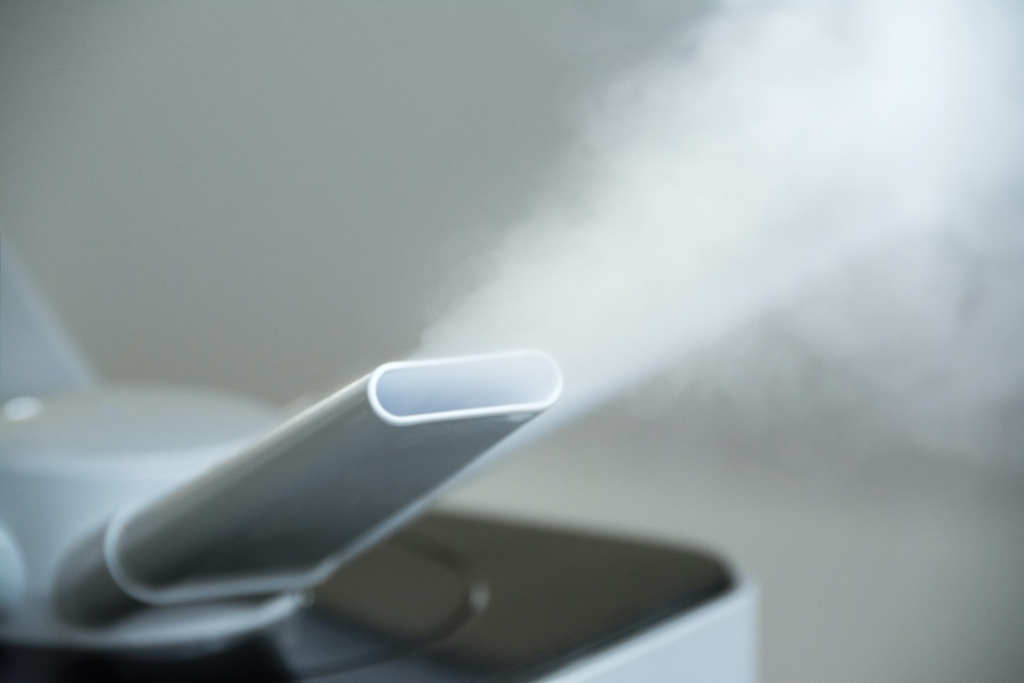With the rise of rainy season diseases, here are some home dengue protection tips to keep your family safe.
It is again the rainy season, which means it is also a time to buff up your home and health from many threats. On top of the never-ending COVID-19 pandemic, cases of viruses like dengue are also on the rise. In fact, the Department of Health’s (DOH) data shows that this year’s dengue cases figure is 58% higher than January to June from the previous year. In numbers, the recorded cases last year were 32,610 for the period. In contrast, this year’s cases went up to 51,622 over the same time interval.

What caused the significant rise of dengue cases this year?
According to DOH, the previous year’s dengue cases were lower because of decreased mobility. Furthermore, DOH cites opening establishments and schools holding face-to-face classes as the main contributor to the increase. With more people moving, the dengue virus also transfers more quickly among the population.
One of the main reasons why dengue cases shoot up during the wet season is because mosquitoes thrive on stagnant water. Some common examples are discarded tires, pots, buckets, and even plants that can hold water. These standing water then become breeding grounds for mosquitoes that carry dengue and other viruses.
How does dengue infect a person?
Dengue-carrying mosquitoes (Ae. aegypti or Ae. albopictus) spread the virus to people through bites. But mosquitoes only get infected with the virus when they bite an already infected person. After that, the mosquito can spread the virus to the next person it bites.
However, there may be cases where the dengue virus can transfer from a mother to her unborn child during pregnancy. Additionally, there has been a documented case of the dengue virus from breastfeeding. Despite this, health organizations do not discourage breastfeeding in dengue-prone areas.
Lastly, dengue transmission in laboratories and healthcare facilities is rare but not impossible.

How to protect your home from dengue
Protecting your home from dengue includes fortifying your defenses from the inside out.
Getting rid of mosquitoes outdoor
Make sure to empty, clean, or throw out items outside your home that can hold water. This way, you prevent mosquitoes from laying eggs around them. If you are storing water containers outside, ensure you tightly cover them to prevent mosquito entry. If covers are not readily available, you may use a fine mesh with the smallest holes to cover water tanks.
In addition, you would also want to cover tree holes that can hold water around the house. Do the same for puddles, even the small ones.
Getting rid of mosquitoes inside the house
Keep mosquitoes out of your house by installing or repairing screens for your doors and windows. Additionally, it is best to keep your doors closed during dengue season and make sure they have little to no gaps. If possible, it is also better to use air conditioning than natural ventilation during dengue season.
Furthermore, mosquitoes coming from outside can start laying eggs inside your house. More specifically, they lay their eggs in damp, dark areas like the laundry room, behind sinks, showers, closets, and under furniture.
Use larvicide against mosquito larvae and pupae.
In cases where you cannot control the mosquitoes’ breeding ground, there are larvicides and mists than can keep them at bay. Use a larvicide for mosquito larvae and pupae in stagnant waters before they develop into flying adults. More importantly, you should apply larvicide as soon as you see them since their growth can be quick. For example, it only takes 7 to 10 days for larvae to turn into adults in warm weather.
But before you put larvicide in standing water, ensure you are not harming other organisms in the water. For example, you can only put larvicide in ponds without fish. If available, you can also apply Bacillus thuringiensis var. israelensis (Bti) larvicides in rainwater cisterns, catch basins, marshy areas, and low-lying areas that retain water for too long.
Misting the mosquitoes away
If you cannot stop mosquito growth at the larvae or pupae stage, there is still a last resort: misting or fogging. When applying the spray, it is crucial to target adult mosquitoes when they are most active, which is at dawn and dusk. Furthermore, spraying when the sun is not ideal because the chemical evaporates fast. Mosquito spray is still an insecticide, so it is wise to vacate the area during misting.

What food can buff up your health against dengue?
There are many strategies for combating the dengue virus. One of these is building up your immunity against the virus. You can do this by eating foods that are healthy in vitamins and nutrients. Some of these are the following:
Papaya Leaves
Papaya leaves are essential in the fight against this fatal disease, according to numerous researches. They aid in boosting platelet counts since a dengue patient’s platelet can drop to dangerously low levels. Usually, patients drink the juice made from these leaves.
Coconut Water
Dengue typically results in dehydration. That said, you need more electrolytes and other essential nutrients, and coconut water is one great source.
Turmeric
Turmeric is an antiseptic that can also boost your metabolism.
As a result, it speeds up a patient’s recovery from the dengue virus.
What food do you need to avoid when you have dengue?
Keep your diet light and avoid oily foods and high-fat content. Why? Because these foods could increase your blood pressure and weaken your immune system.
In addition, it is also best to avoid spicy foods while you are sick from dengue. This way, you avoid the risk of acid building up in your stomach and stay away from additional illnesses.
Lastly, you should also consciously avoid caffeinated drinks as they can lead to a faster heart rate. As a result, you feel more fatigued and farther from recovery.

Find healthy homes in Camella
Find properties for sale that take care of your family here in Camella.


